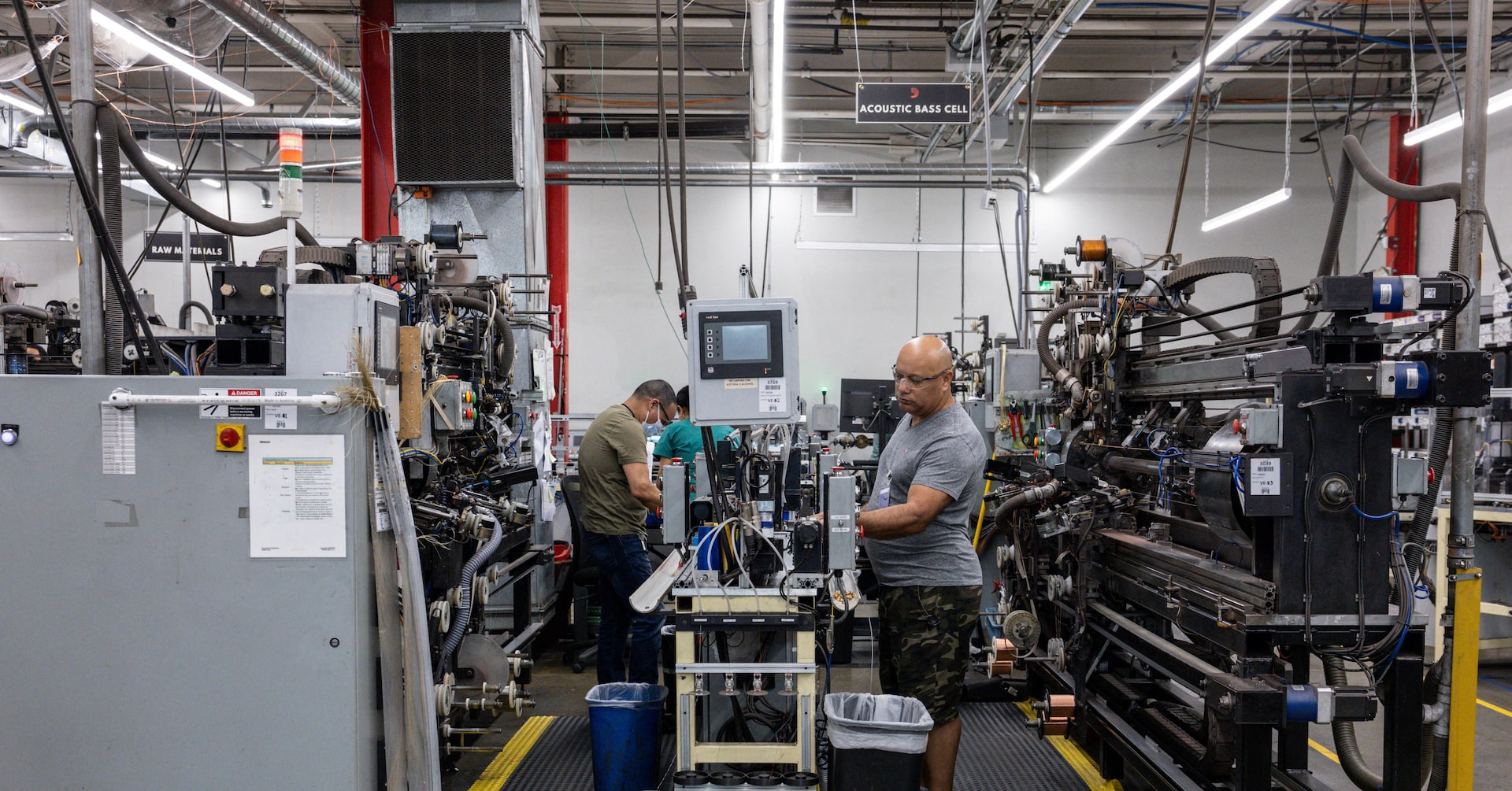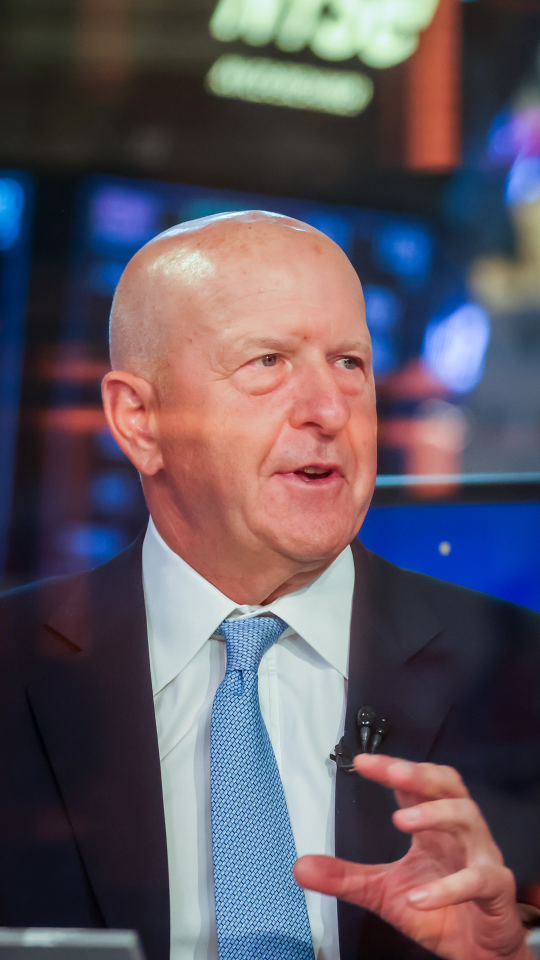Health insurance costs for companies soaring as we head toward 2026
Businesses and companies that provide health care coverage are facing the largest spike in health insurance costs in the past 15 years
Straight Arrow News
- The rising cost of health insurance is a major concern for small and large businesses in Massachusetts.
- A UMass Donahue Institute survey found 63% of small business owners believe they pay higher health insurance premiums than larger companies.
- The Taunton Area Chamber of Commerce created its Government Affairs Council to help local businesses communicate with legislators.
- Business groups like the Retailers Association of Massachusetts are urging their members to directly contact state legislators about their concerns.
Elizabeth LaBrecque says the Taunton Area Chamber of Commerce created its Government Affairs Council for a very good reason.
“The idea is for legislators to help local businesses,” said LeBrecque, whose job description at the TACC is Director of Member Development.
LaBrecque, says the cost of health insurance continues to be a major concern among small and large businesses.
“Health insurance is always a major factor,” she said.
A survey of 635 small businesses in the Bay State, conducted in October 2024 by the UMass Donahue Institute in Amherst, found that 63% of respondent business owners – who offer employee health insurance and employ up to 50 full-time workers – strongly agreed with the statement that small businesses and employees in the commonwealth “have to pay higher health insurance premiums than big businesses and government.”
That sentiment was echoed by John Hurst, president of the Retailers Association of Massachusetts.
“Health insurance has gone through the roof,” said Hurst, who has been president of the statewide business association for 35 years.
Hurst said that he and his retailers association regularly communicate with state legislators to make their concerns heard.
“And more importantly we urge our members to do that,” he said. “They are the small employers and voters in the legislators’ districts.”
The 4,000-member group also has an online “advocacy center” that connects members with legislators.
The Retailers Association of Massachusetts requested that UMass Donahue Institute conduct its survey, which included 635 respondents. The final report based on the survey results was completed in March of 2025.
Hurst also says that as of Jan. 1, 2025, the cost of health insurance for small businesses in the state had increased 13% since 2020.
LaBrecque said the TACC and its seven-member Government Affairs Council is also concerned about cost increases for other types of insurance coverage, which can include workers compensation, general liability and business owner’s policy.
It’s been three and a half years since LeBrecque came on board with the Taunton Area Chamber of Commerce – which also represents the interests of member business owners in the towns of Raynham, Dighton and Berkley. She says the TACC this past year reached a goal of 450 active members as compared to 250 when she was hired to her part-time position.
Some of those newer members, she said, also belong to other commerce chambers representing businesses in cities and towns like Fall River, New Bedford, Bridgewater and Easton.
The TACC, she said, continues to work closely with Taunton-based nonprofit SEED (South Eastern Economic Development Corporation), which provides low-interest business loans, as well as SCORE (Service Corps of Retired Executives), a nonprofit sponsored by the U.S. Small Business Association that holds workshops and provides counseling to budding entrepreneurs.
The chamber’s website also lists a number of state and federal business resources and includes a City of Taunton Business and Development Guide created by Southeastern Regional Planning and Economic Development District (SRPEDD) as well as a Town of Dighton Business Guide.
LaBrecque said trade tariffs imposed this year by the administration of President Donald Trump initially created concern among local beauty salon proprietors. But those fears of paying higher prices for certain products, she said, have since been allayed.
“There’s been a lot of uncertainty this year. It’s been a rocky economy,” LaBrecque said, adding that “we’re telling all our new businesses to spend wisely.”









